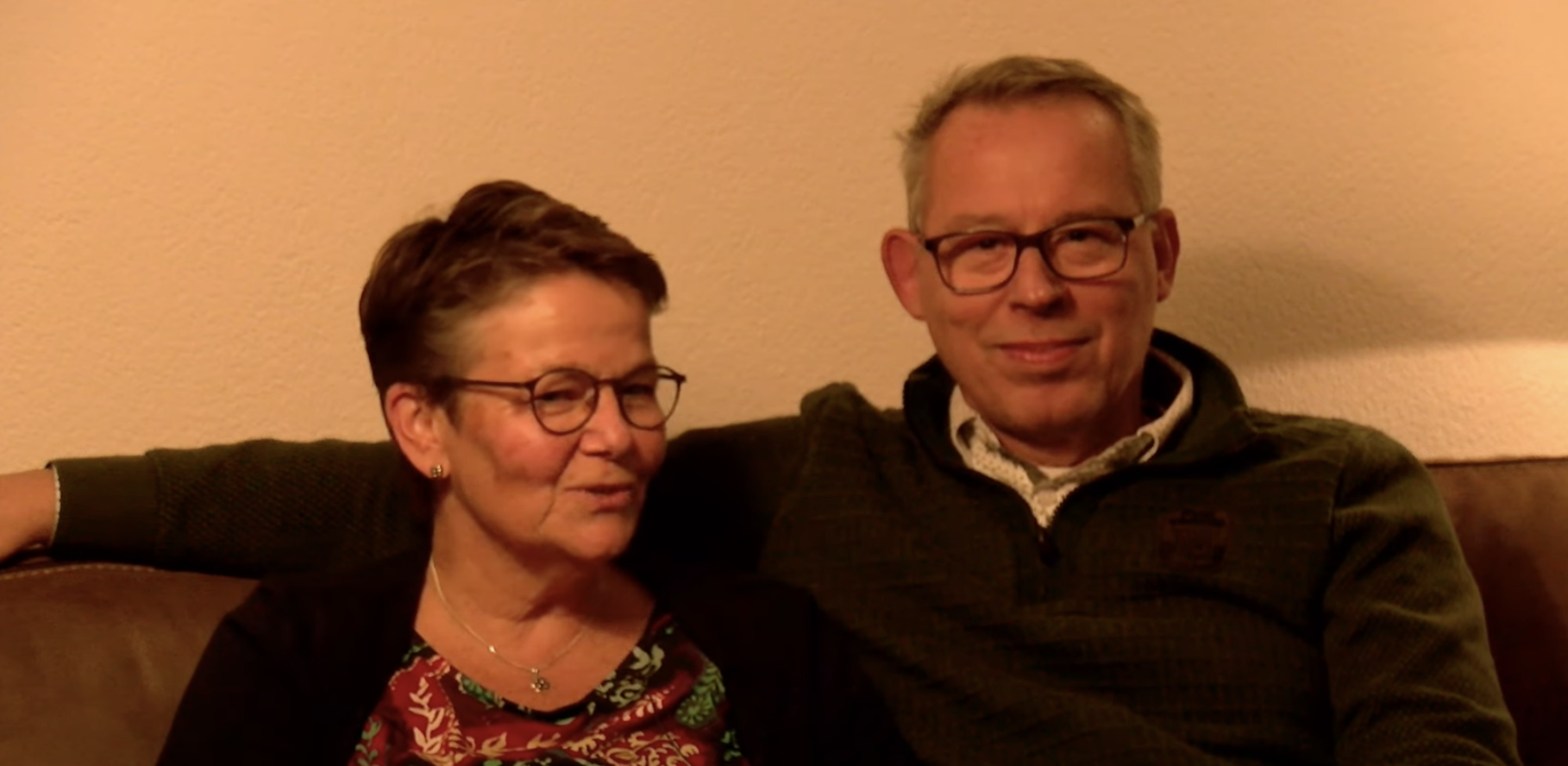The parents of Esther Beukema have shared the heartbreaking reason why they supported their 33-year-old daughter’s decision to be euthanised.
Euthanasia is the act of deliberately ending a person’s life to relieve them of suffering – it’s a topic that has always sparked a fierce debate.
Recently, a woman has made the headlines for her decision to be euthanised as she is physically healthy and just 28 years old.
And now, the parents of a 33-year-old daughter who was euthanised have opened up about why they supported her decision.
Related Article: Woman Shares Theory That We Never Really Die And It’s Freaking People Out
Related Article: Inventor ‘Dr Death’ Says His ‘Suicide Capsules’ Will Ask Users Three Questions Before They Die
Esther Beukema died on December 10, 2021, in her childhood bed surrounded by her family.
The Government of the Netherlands website confirms that euthanasia and assisted suicide are permissible solely when adhering strictly to the guidelines outlined in the Dutch Termination of Life on Request and Assisted Suicide (Review Procedures) Act.
Typically, requests for euthanasia originate from patients enduring intolerable suffering with little hope for the future.
Since her adolescence, Beukema had hoped for death.

When it came to planning out her funeral, Beukema was meticulous.
She selected the music – Adele‘s ‘Easy on Me’ and ‘Bring Me to the Water’ by Marco Borsato and Matt Simons and a piano score from Yann Tiersen.
Beukema also planned a visit to the crematorium near her hometown of Soest, just southeast of Amsterdam, to choose her final resting place.
Opting for a wicker basket over a traditional coffin, she and her parents handpicked it together.
She curated a ‘memory box’, with cards and tokens for her loved ones, while friends penned heartfelt notes on paper butterflies.
Her mother, Ellen Beukema, later attached these notes to her basket.

Beukema grappled with anorexia nervosa since the age of 17.
Anorexia is an eating disorder characterised by an abnormally low body weight, an intense fear of gaining weight and a distorted perception of weight, as per Mayo Clinic.
According to BMC Psychiatry, anorexia bears the highest mortality rate among psychiatric disorders.
Tragically, individuals with anorexia are 18 times more likely to succumb to suicide compared to peers of the same gender and age group, per NCBI.
Beukema made several attempts to end her life, ‘to become zero on the scale’, her mother says in a phone interview with The Washington Post.

Beukema endured cycles of treatment: hospitalisations, weight fluctuations, and repeated relapses.
Her journey included a harrowing four-month stint in isolation, where she endured force-feeding while bound to a chair.
In 2011, at the age of 21, Beukema sought assistance from The Hague-based End of Life Clinic, now known as the Euthanasia Expertise Center, under the provisions of the Netherlands’ Termination of Life on Request and Assisted Suicide Act.
Her initial request was denied due to concerns about her psychological competence.

This left Beukema in a relentless cycle of treatment that she found more and more futile.
She reapplied to the clinic in 2019, eventually receiving approval on October 26, 2021.
Beukema made the controversial decision to end her life on her terms.
She enjoyed a peaceful time with her family in Soest in the final weeks leading up to her passing.
Ellen recalls: “Every morning she smoked a cigarette and afterwards she always came and lay in our bed for a while.”
Her last day was marked by the same simple pleasures, with a family jigsaw puzzle being the final activity of Beukema’s life.
Related Article: Scientist Says Life After Death Is ‘Impossible’
Related Article: Woman Woke Up After Being ‘Dead’ For 30 Minutes Then Scribbled Down Chilling Message
As the medical team administered the injection, Beukema slipped away peacefully while surrounded by those she loved.
“Esther died very peacefully,” says Ellen. “She was born and she was in my arms and when she died she was in my arms.”
Following Beukema’s passing, her mother, Ellen, and father, Rob, have become advocates for compassion and understanding in end-of-life care.
Ellen and two other mothers founded Letting Go in Love, a foundation offering support to families navigating the complexities of euthanasia due to mental illness.
Beukema’s parents have also opened up about the reason they supported their daughter’s divisive decision to end her own life.

“Parents need to listen to their children and acknowledge their feelings,” Ellen explains. “Helping people dying can also be beautiful. You can make the last moments and the last days or weeks beautiful for her or him, and also for yourself or your family.”
Terminal anorexia lacks official recognition as a diagnosis within the Diagnostic and Statistical Manual-5, the cornerstone of psychiatric classification.
The eating disorders community has yet to establish a consensus regarding the precise parameters defining ‘terminal’ anorexia.
If you or someone you know is affected by any of the issues raised in this story, call the National Suicide Prevention Lifeline in the US at 800-273-TALK (8255) or text Crisis Text Line at 741741.
In the UK, the Samaritans are available 24/7 if you need to talk. You can contact them for free by calling 116 123, emailing [email protected] or heading to the website to find your nearest branch.
Do you have a story for us? If so, email us at [email protected]. All contact will be treated in confidence.







If you or someone you know is affected by any of the issues raised in this story, you can call BEAT Eating Disorders at 0808 801 0677.